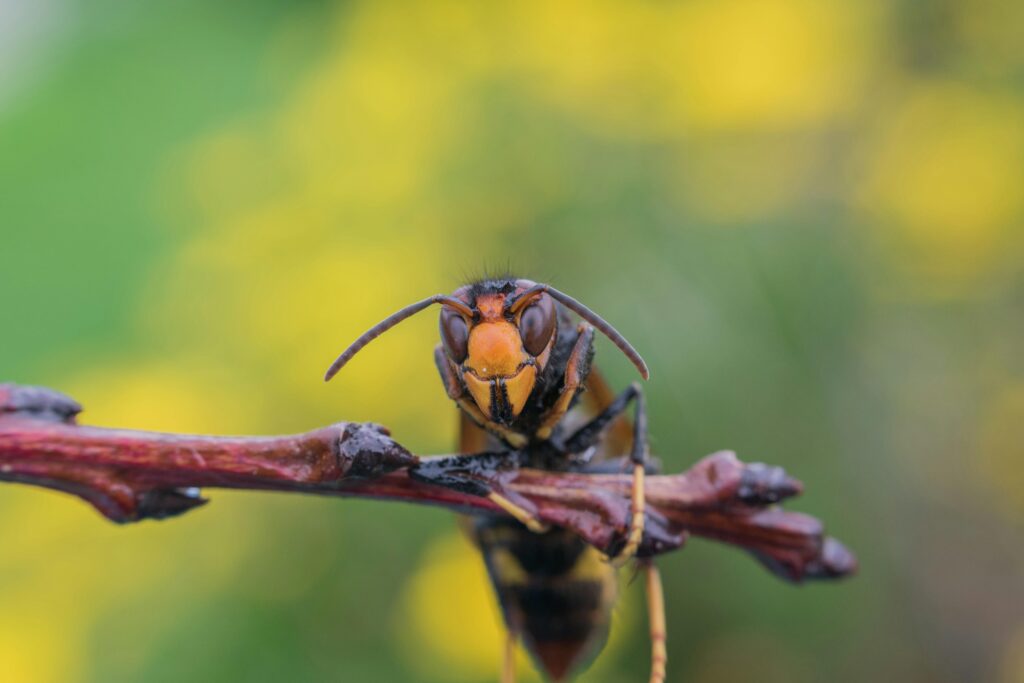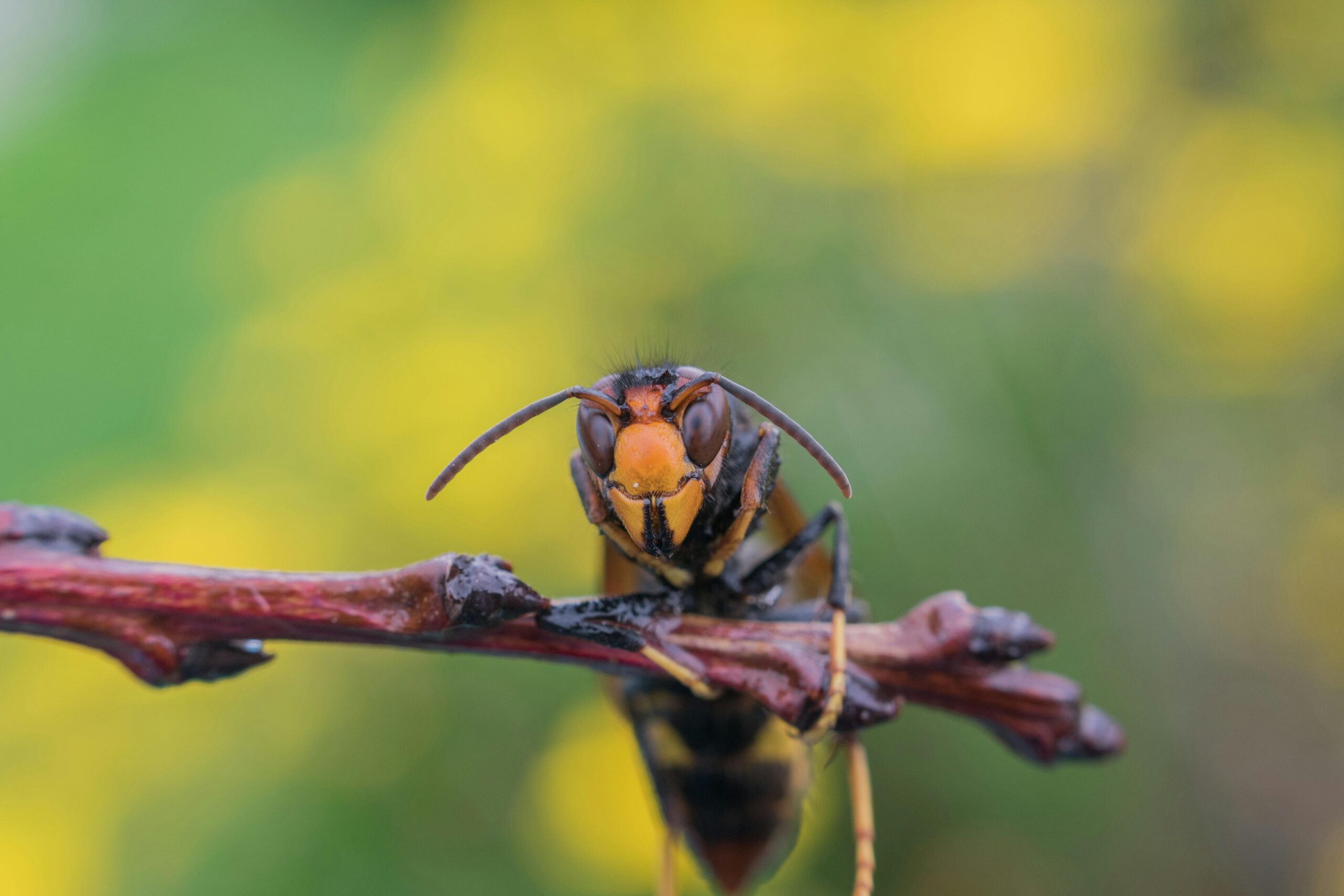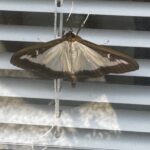
Asian Hornets in the UK: Is the BBKA Losing the Battle?
The June Surge and the Role of Pest Control Professionals
Table of Contents
- Introduction: Asian Hornet Threat Grows
- June 2025: Record Sightings Raise Alarm
- Why Asian Hornets Are a National Concern
- Are the BBKA and NBU Losing Control?
- The Case for Involving Pest Control Technicians
- How Professional Reporting Could Improve Response
- Advice for Homeowners in Oxfordshire
- Local Support in Didcot and Wallingford
- Final Thoughts: Time for a Collaborative Approach?
Introduction: Asian Hornet Threat Grows
Asian hornet sightings (Vespa velutina) continue to threaten the UK’s pollinators and ecosystems. As of 20th June 2025, authorities have confirmed 39 sightings and 9 nests—the highest figure ever recorded in June. With this rapid escalation, many are questioning whether the British Beekeepers Association (BBKA) can keep up.
June 2025: Record Sightings Raise Alarm
This year, the UK has experienced a concerning early spike in confirmed Asian hornet sightings as they continue to threaten the UK’s pollinators and ecosystems. As of 20th June 2025, authorities have confirmed 39 sightings and 9 nests—the highest figure ever recorded in June. With this rapid escalation, many are questioning whether the British Beekeepers Association (BBKA) can keep up. Historically, numbers peak later in summer, but the data for June 2025 suggest an aggressive spread. Contributing factors include climate change, favourable breeding conditions, and increased international trade.
Why Asian Hornets Are a National Concern
Asian hornets prey on honeybees, bumblebees, and other pollinators. A single nest can consume thousands of insects. This predation threatens local biodiversity and undermines food production. The potential damage to farming and beekeeping industries in the UK is significant.
Are the BBKA and NBU Losing Control?
The BBKA and the National Bee Unit (NBU) rely on public reporting and coordinated nest destruction. However, the growing volume of confirmed nests and sightings suggests limited reach and resources. Many pest professionals believe this strategy alone may no longer be effective.
The Case for Involving Pest Control Technicians
Pest control technicians across the UK already manage wasps and native hornets safely. By authorising them to treat Asian hornet nests, authorities could significantly improve containment efforts. With proper oversight and reporting systems, this approach could support, rather than compete with, the BBKA’s mission.
How Professional Reporting Could Improve Response
- Faster nest detection and destruction
- Accurate data collection and mapping
- Increased safety during removal
- Wider coverage across rural and urban locations
Trained professionals could work alongside conservation bodies to enhance protection for native pollinators and reduce public risk.
Advice for Homeowners in Oxfordshire
If you live in Didcot or Wallingford, stay alert. These areas offer favourable nesting sites for hornets, including woodlands, gardens, and outbuildings.
Signs of Asian hornets:
- Dark thorax, yellow-tipped legs
- Increased hornet activity around beehives or compost heaps
- Nests in trees, sheds, roofs, or bushes
Important: Do not disturb any suspected nest. Instead, report it immediately using the Asian Hornet Watch app or speak with a local pest control expert.
Local Support in Didcot and Wallingford
At Shire Pest Solutions, we provide fast response, risk assessment, and authorised treatment where applicable. Our technicians receive full training and operate with the safety of your home, garden, and environment in mind.
If you’re unsure whether you’ve spotted an Asian hornet, don’t wait. Call our local team to assess the situation.
Final Thoughts: Time for a Collaborative Approach?
The sharp rise in hornet sightings suggests the need for a broader response. The BBKA has played a vital role in raising awareness and organising responses. However, supplementing these efforts with the expertise and agility of professional pest control technicians could close the current gap in national preparedness.
A collaborative, regulated system could improve outcomes for beekeepers, homeowners, and the UK’s vital pollinator population.




